Philippines recovers body of Germany kidnap victim Jurgen Kantner
Sun 05 Mar 2017, 12:05:19
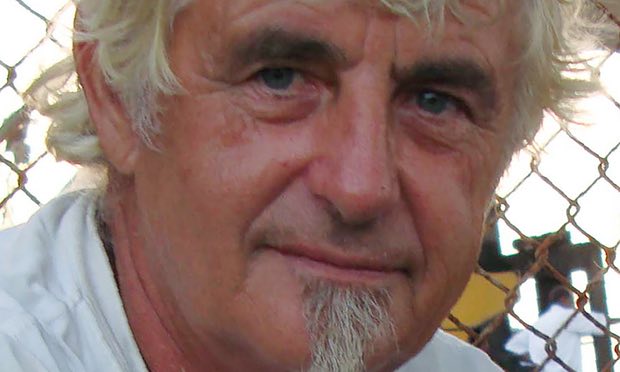
The Philippine military has recovered the body of an elderly German hostage who was beheaded by Islamic militants last week.
The Abu Sayyaf, a kidnap-for-ransom network in the southern Philippines that has pledged allegiance to Islamic State, killed Jurgen Kantner, 70, after its demands for $600,000 in ransom were not met.
Military officials said marines found Kantner’s body on Saturday evening in the group’s remote island stronghold of Sulu, more than 1,000km south of Manila.
“The armed forces of the Philippines continues with all efforts to make good [on] its commitment to return the remains of the kidnap victim to his homeland to accord to him the decent burial he deserves,” said military spokesman Colonel Edgard Arevalo.
Kantner’s vessel, the Rockall, was found drifting on 7 November off the southern Philippines with the body of his female companion, Sabine Merz, who had been shot. The Abu Sayyaf claimed the kidnapping.
Kantner’s remains are in a military hospital morgue in Sulu while officials
are preparing documents to transport the body, authorities said.
are preparing documents to transport the body, authorities said.
Philippine President Rodrigo Duterte apologised on Tuesday for failing to save Kantner and said the military had stepped up operations against the militants.
Troops have clashed with the Abu Sayyaf in recent days, leaving 18 soldiers injured and 14 militants dead, according to the military which has been unable to recover their bodies.
The group, formed from seed money provided by a relative of the al-Qaida leader Osama bin Laden in the 1990s, have been kidnapping foreigners and locals for decades and holding them for ransom.
The militants frequently kill hostages if their demands are not met, and last year murdered two Canadians.
They are believed to still hold at least 19 foreigners and six Filipino hostages.
Blamed for the nation’s worst terrorist attacks, the Abu Sayyaf has used the support of local communities, millions of dollars in ransom and collusion with corrupt local officials to defy decades of military operations.
No Comments For This Post, Be first to write a Comment.
Most viewed from International
Most viewed from World
AIMIM News
Latest Urdu News
Most Viewed
May 26, 2020
Which Cricket team will win the IPL 2025 trophy?
Latest Videos View All
Like Us
Home
About Us
Advertise With Us
All Polls
Epaper Archives
Privacy Policy
Contact Us
Download Etemaad App
© 2025 Etemaad Daily News, All Rights Reserved.






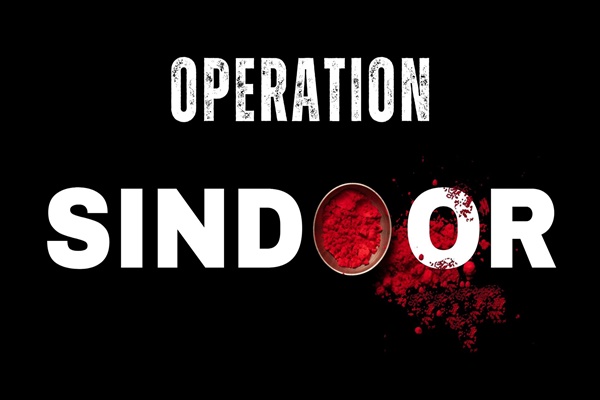





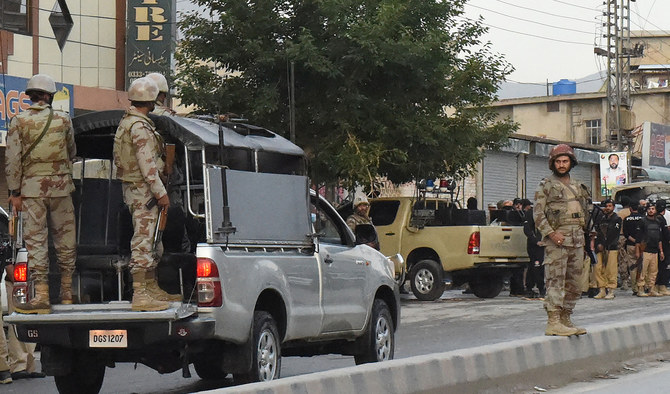
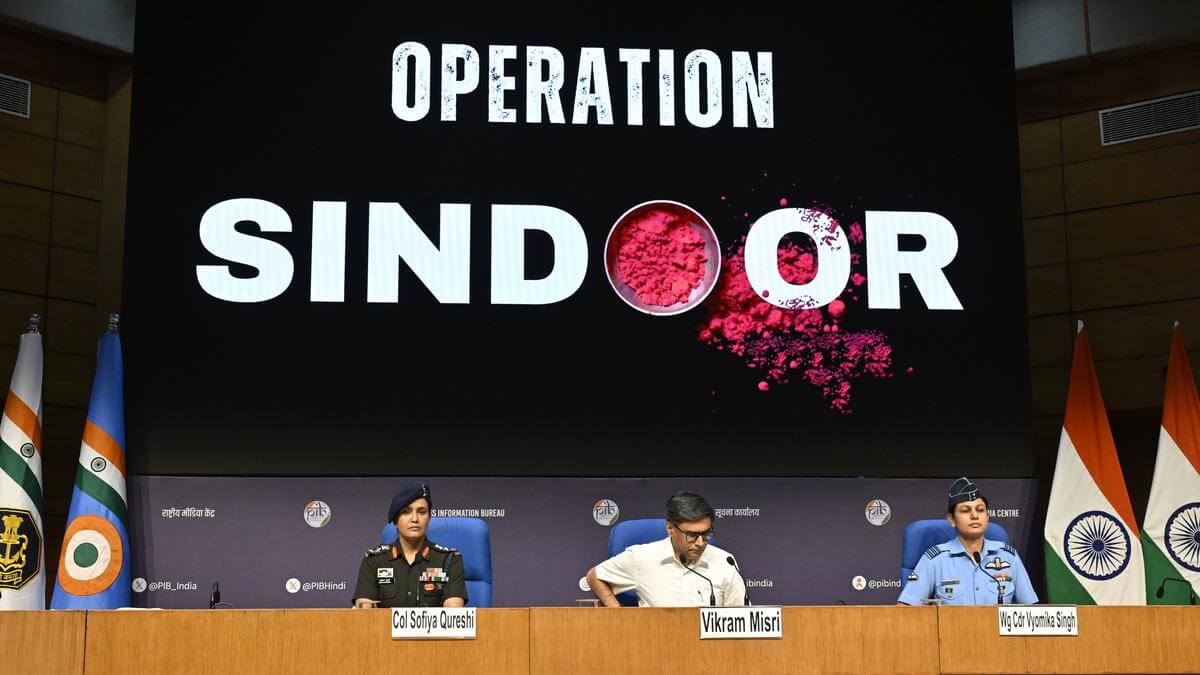
.jpg)

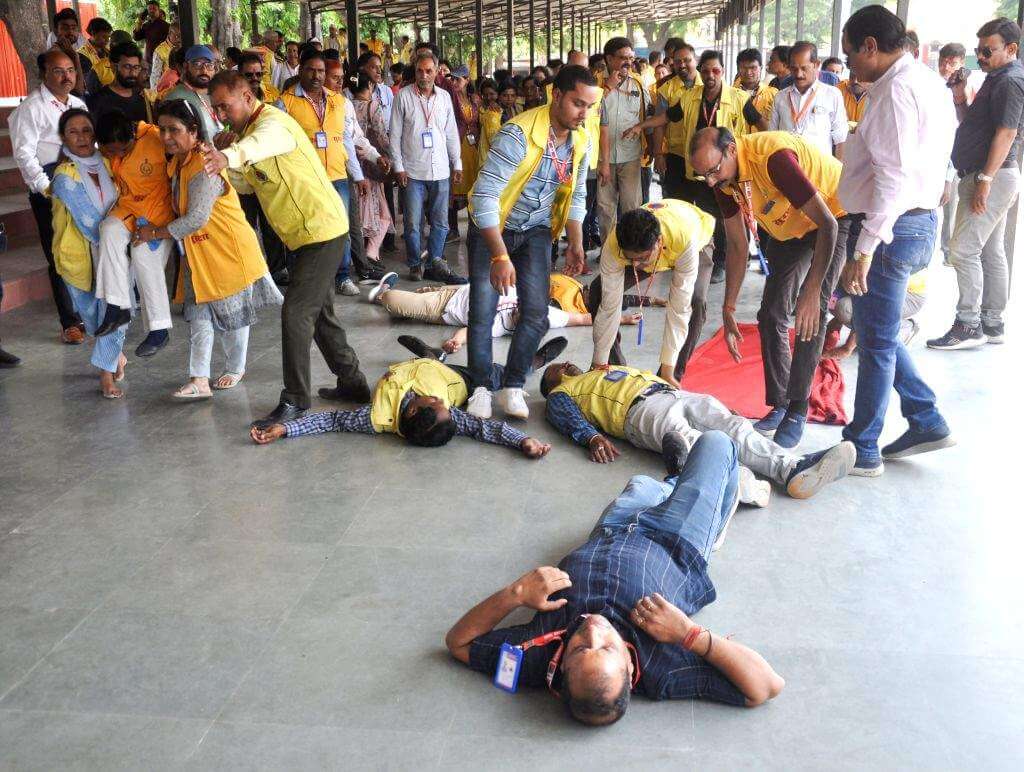






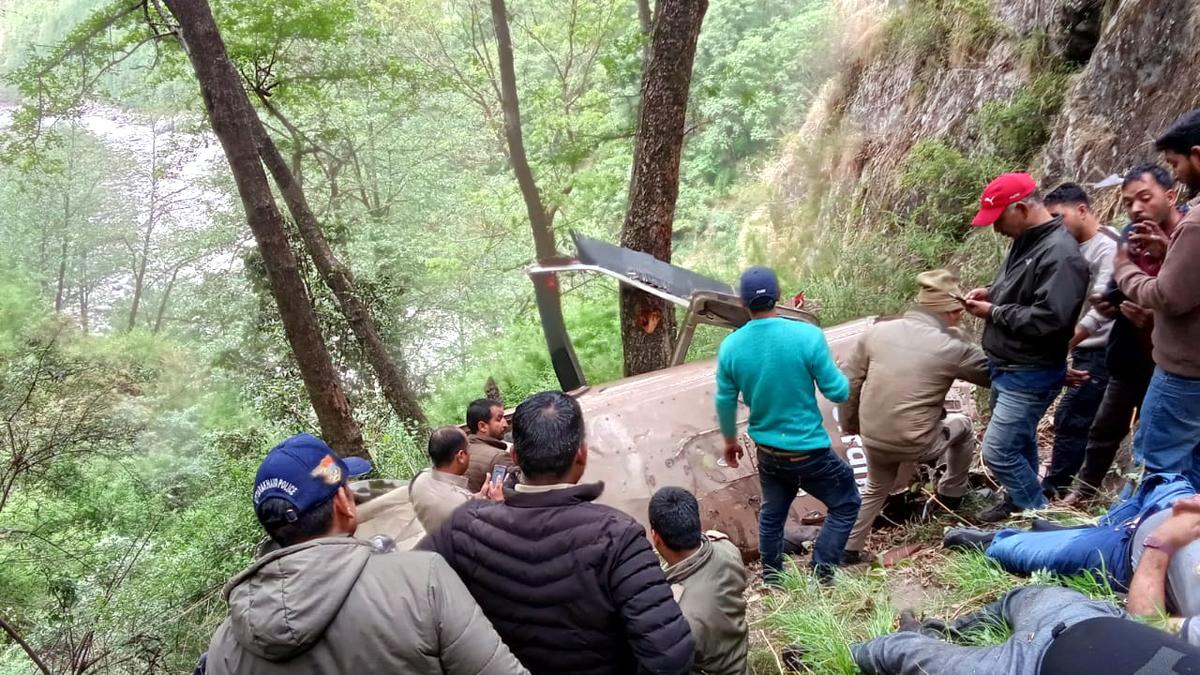
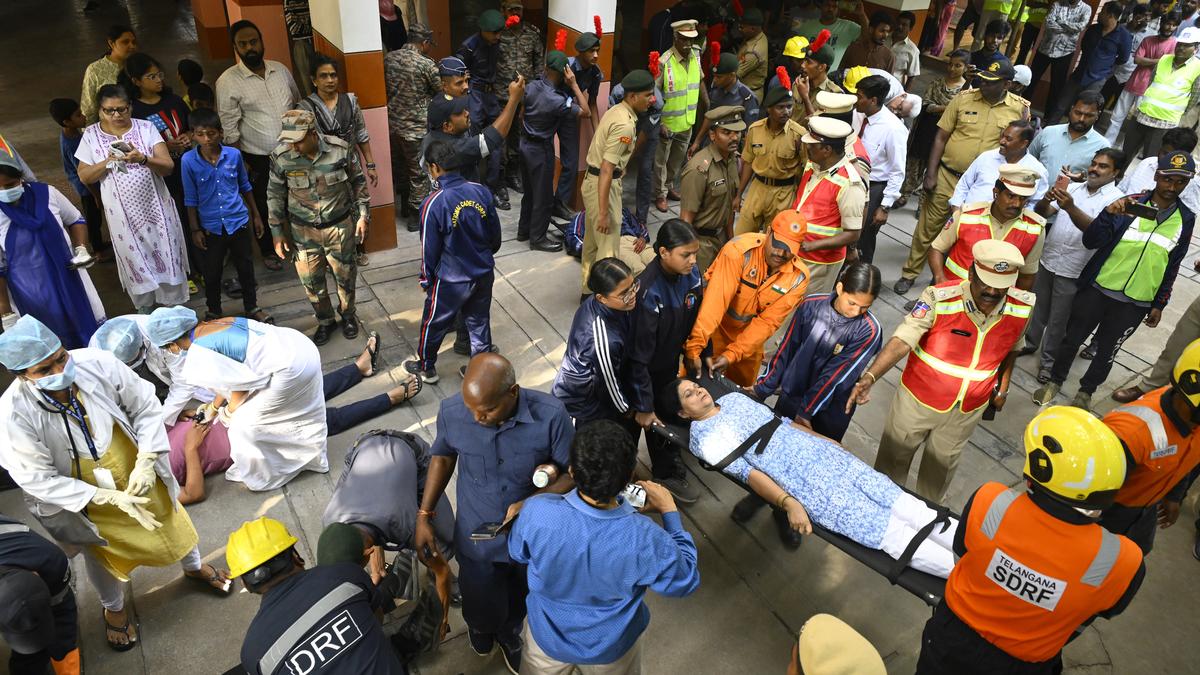












.jpg)




